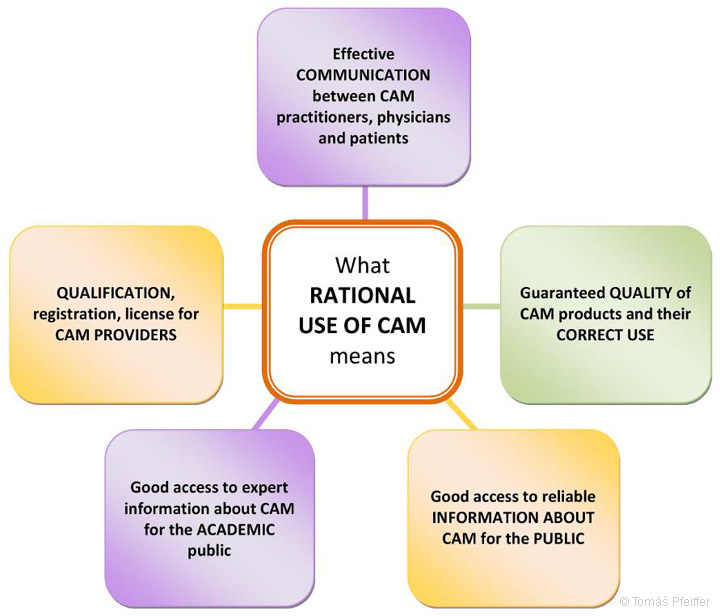WHO Traditional Medicine Strategy 2014–2023
(selected passages from the document (50) )
Executive summary
„Traditional medicine (TM) is an important and often underestimated part of health services. In some countries, traditional medicine or non-conventional medicine may be termed complementary medicine (CM). TM has a long history of use in health maintenance and in disease prevention and treatment, particularly for chronic disease.
The WHO Traditional Medicine (TM) Strategy 2014-2023 was developed in response to the World Health Assembly resolution on traditional medicine (WHA62.13). The goals of the strategy are to support Member States in:
- harnessing the potential contribution of TM to health, wellness and peoplecentred health care;
- promoting the safe and effective use of TM by regulating, researching and integrating TM products, practitioners and practice into health systems, where appropriate.
The strategy aims to support Member States in developing proactive policies and implementing action plans that will strengthen the role TM plays in keeping populations healthy.” (51)
„“T&CM continues to be widely used in most countries, and its uptake is increasing rapidly in other countries. At the same time, interest in T&CM is expanding beyond products to focus on practices and practitioners.“ (52)
WHO support for T&CM
„WHO’s mission is to help save lives and improve health. In terms of T&CM, WHO promotes these functions by:
- facilitating integration of T&CM into national health systems by helping Member States to develop their own national policies in this sector;
- producing guidelines for T&CM by developing and providing international standards, technical guidelines and methodologies for research into products, practices and practitioners;
- stimulating strategic research into T&CM by providing support for clinical research projects on its safety and effectiveness;
- advocating the rational use of T&CM through the promotion of its evidencebased use;
- and mediating information on T&CM by acting as a clearing-house to facilitate information exchange.” (53)
The need for a new strategy
„(…) The T&CM sector now plays a significant role in the economic development of a number of countries. At the same time, with prevailing current global financial constraints, use of T&CM for health promotion, self-health care and disease prevention may actually reduce health-care costs.” (54)




